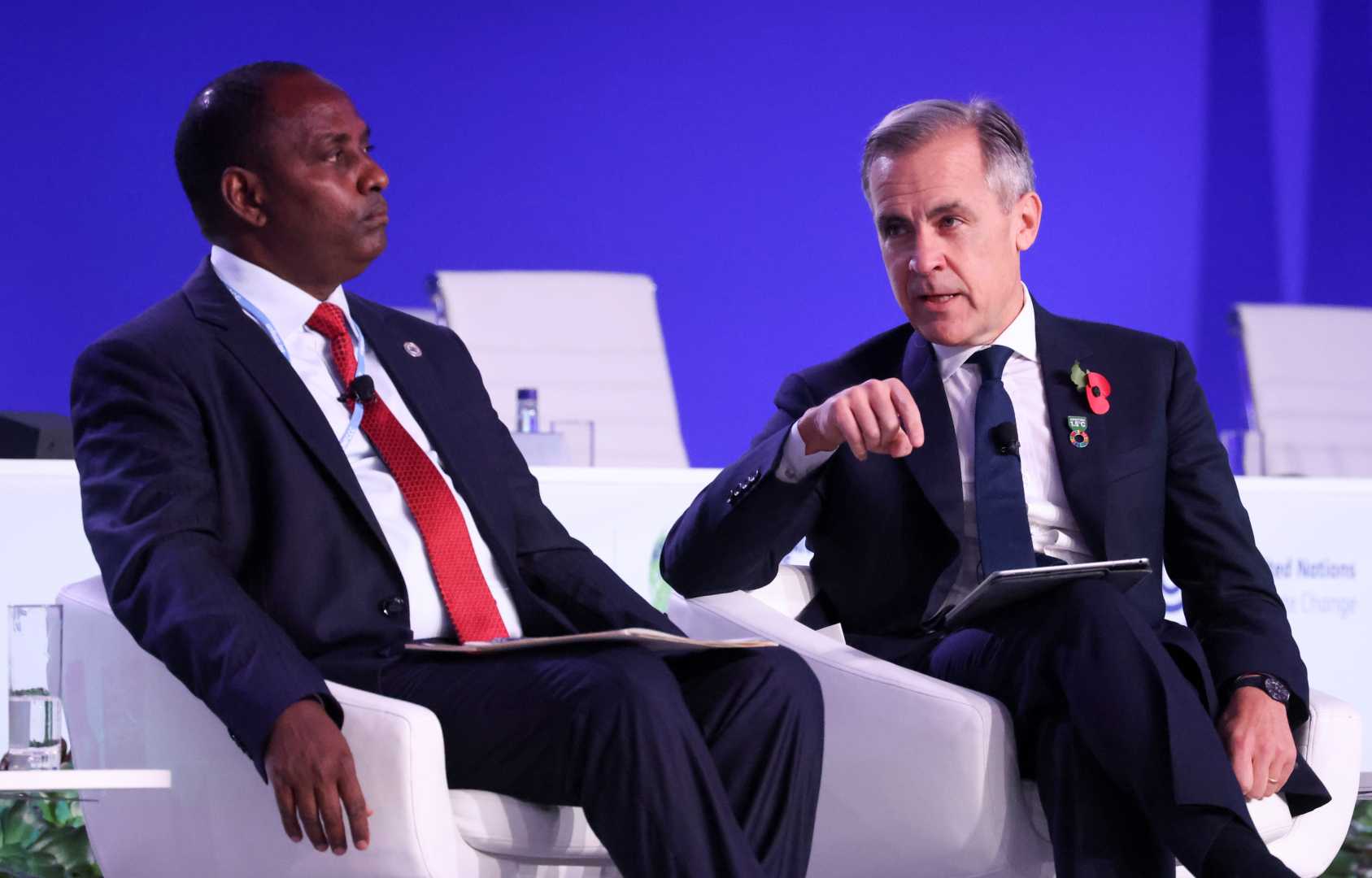Business
Major US Banks Exit UN Climate Alliance Amid Political Pressure

Six of the largest U.S. banks, including JPMorgan, Citigroup, Morgan Stanley, Wells Fargo, Goldman Sachs, and Bank of America, have withdrawn from the United Nations’ Net-Zero Banking Alliance (NZBA) since December. Analysts suggest the move is an attempt to avoid political backlash from right-wing politicians, particularly with the anticipated return of Donald Trump to the White House.
The NZBA, convened by the UN Environment Programme Finance Initiative, requires member banks to align their lending and investment activities with net-zero greenhouse gas emissions by 2050. The recent exodus of U.S. banks follows growing criticism from Republican leaders, who have accused financial institutions of adopting ‘woke’ environmental, social, and governance (ESG) policies.
Paddy McCully, a senior analyst at Reclaim Finance, criticized the banks’ withdrawals, calling them a ‘lily-livered effort to avoid criticism from Trump and his climate denialist cronies.’ He noted that while banks previously touted their climate commitments, they now appear to be retreating under political pressure.
Citigroup, a founding member of the NZBA, stated that its departure would allow the bank to focus on mobilizing capital for low-carbon transitions in emerging markets. Similarly, JPMorgan emphasized its commitment to advancing low-carbon technologies independently. Wells Fargo confirmed its withdrawal but provided no further details, while Bank of America did not respond to requests for comment.
Toby Kwan, a senior manager at the Carbon Trust, suggested that leaving the NZBA could give banks more flexibility in setting climate targets and timelines. However, she emphasized that the remaining NZBA members, which include major European banks, still control approximately 40% of global banking assets, representing a significant force in driving the transition to a net-zero economy.
The NZBA has faced increasing scrutiny from Republican-led efforts, including a 2022 antitrust investigation and recent accusations by the House Judiciary Committee of collusion to impose ESG goals on U.S. companies. Despite the U.S. banks’ departure, the alliance continues to count 141 members worldwide, with McCully urging remaining members to strengthen their commitments to demonstrate leadership in climate action.












